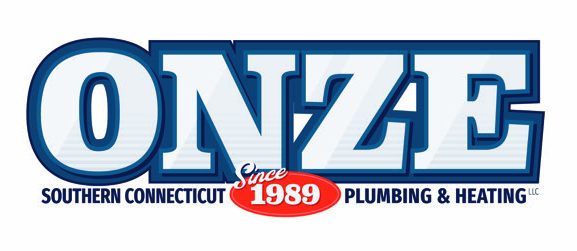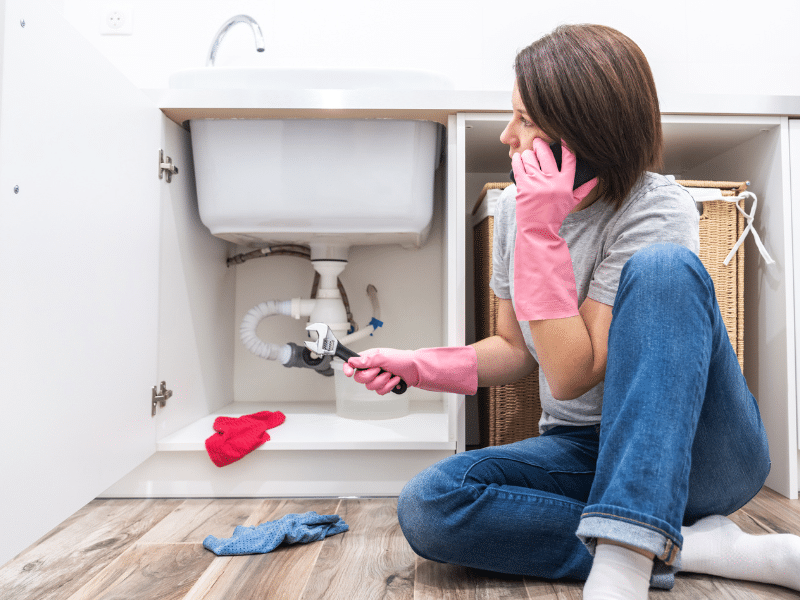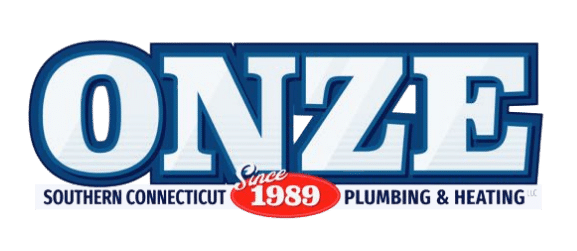Plumbing emergencies can occur at the most inconvenient times, especially during the summer when water usage tends to spike. Whether it’s a burst pipe, a clogged drain, or a malfunctioning water heater, knowing how to handle these situations can save you from extensive damage and costly repairs. In this blog, we’ll explore practical steps to take when a plumbing emergency strikes, ensuring you are prepared to act swiftly and effectively.
Identifying the Problem
The first step in managing plumbing emergencies is to identify the problem. Common issues include:
- Burst Pipes: These can cause significant water damage in a short period.
- Clogged Drains: Slow or completely blocked drains can disrupt daily activities.
- Overflowing Toilets: This can create a messy and unsanitary situation.
- Leaking Water Heaters: Can lead to both water damage and inefficient hot water supply.
- Sewer Backups: This is a severe issue that can affect your entire plumbing system.
Recognizing the specific problem allows you to take targeted actions to mitigate damage before professional help arrives.
Immediate Actions to Take
1. Shut Off the Water Supply
In the case of major plumbing emergencies like a burst pipe or overflowing toilet, the first thing you should do is shut off the water supply. Locate the main water valve in your home, which is usually found in the basement, crawl space, or near the water meter. Turning off this valve will stop the flow of water, preventing further damage.
2. Turn Off Electrical Appliances
If water is leaking near electrical outlets or appliances, turn off the electricity in the affected area to avoid the risk of electrocution. This step is crucial for ensuring safety until the plumbing issue is resolved.
3. Address Minor Leaks
For minor leaks, use towels, buckets, or any absorbent materials to contain the water. You can also use plumber’s tape or pipe clamps as a temporary fix to reduce water flow until a professional can make permanent repairs.
Summer-Specific Considerations
During the summer, plumbing systems can face unique challenges due to increased usage and outdoor activities. Here are some summer-specific tips:
1. Monitor Sprinkler Systems
Sprinkler systems are heavily used in the summer and can develop leaks or malfunctions. Regularly check for signs of water pooling or unusually green patches in your lawn, which may indicate a leak.
2. Handle Outdoor Plumbing Issues
Hose bibs and outdoor faucets are more frequently used during the summer. Inspect them for leaks and ensure they are turned off tightly after use. If a hose bib is leaking, it might need a new washer or more extensive repair.
3. Be Mindful of Sewer Lines
Summer rains can saturate the ground and cause sewer lines to back up. Ensure that your gutters and downspouts are clear and directing water away from your home’s foundation to reduce the risk of sewer backups.
When to Call a Professional
While some minor plumbing issues can be managed with DIY solutions, most plumbing emergencies require the expertise of a professional. Here are signs that you need to call a plumber immediately:
- Persistent Leaks: If you cannot stop a leak or if it continues after a temporary fix.
- Sewage Odor: A strong sewage smell indicates a serious problem with your sewer line.
- No Water Supply: A sudden lack of water could signal a major plumbing issue.
- Water Damage: Visible water damage or mold growth suggests a hidden leak.
- Frequent Clogs: Recurring clogs in multiple drains often point to a deeper problem in the plumbing system.
Preventative Measures
To reduce the risk of plumbing emergencies, consider these preventative measures:
- Regular Inspections: Schedule annual plumbing inspections to catch potential issues early.
- Proper Disposal: Avoid flushing non-degradable items or pouring grease down the drain.
- Maintenance: Maintain appliances like water heaters and sump pumps according to manufacturer guidelines.
Conclusion
Plumbing emergencies can be daunting, but knowing how to respond can minimize damage and stress. From shutting off the water supply to identifying the specific problem, these steps are crucial in managing an emergency effectively, especially during the busy summer months.
For reliable and prompt assistance with plumbing emergencies, contact Onze Southern Connecticut Plumbing & Heating. Our experienced team is ready to help you resolve any plumbing issue quickly and efficiently, ensuring your home remains safe and functional.




